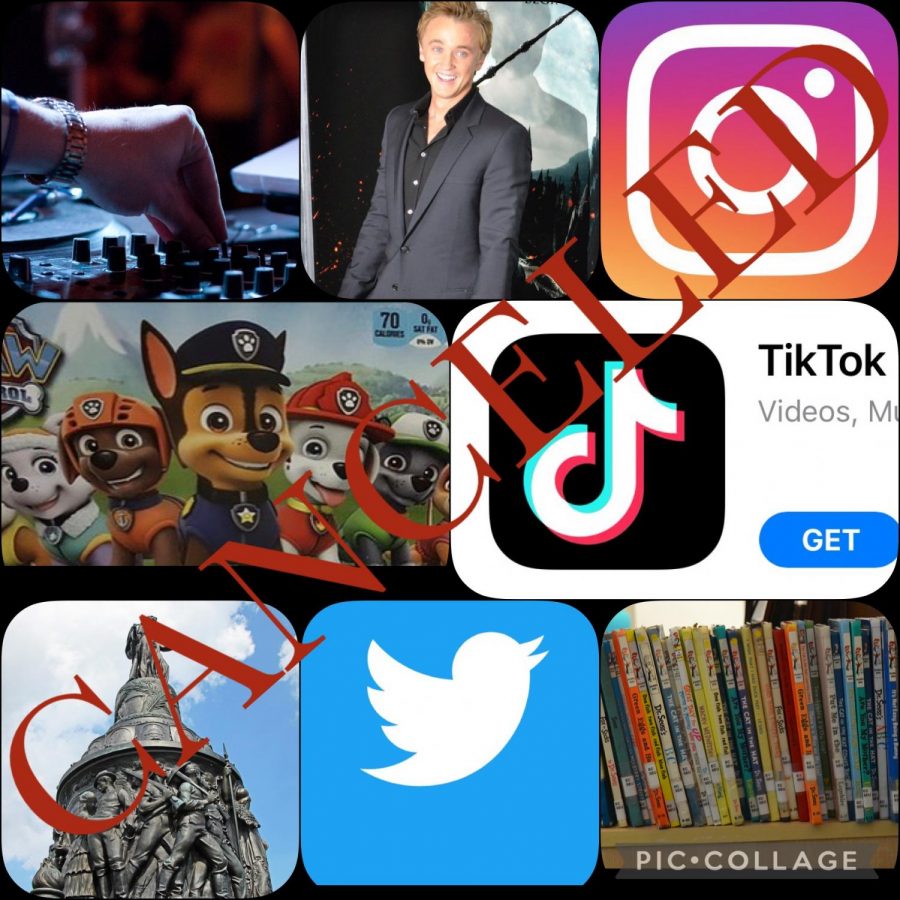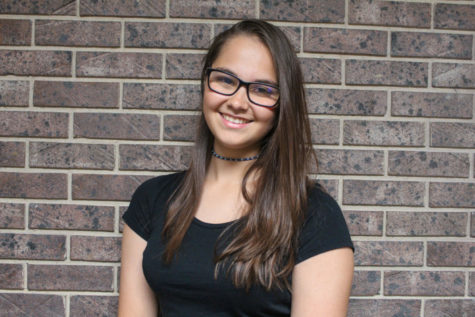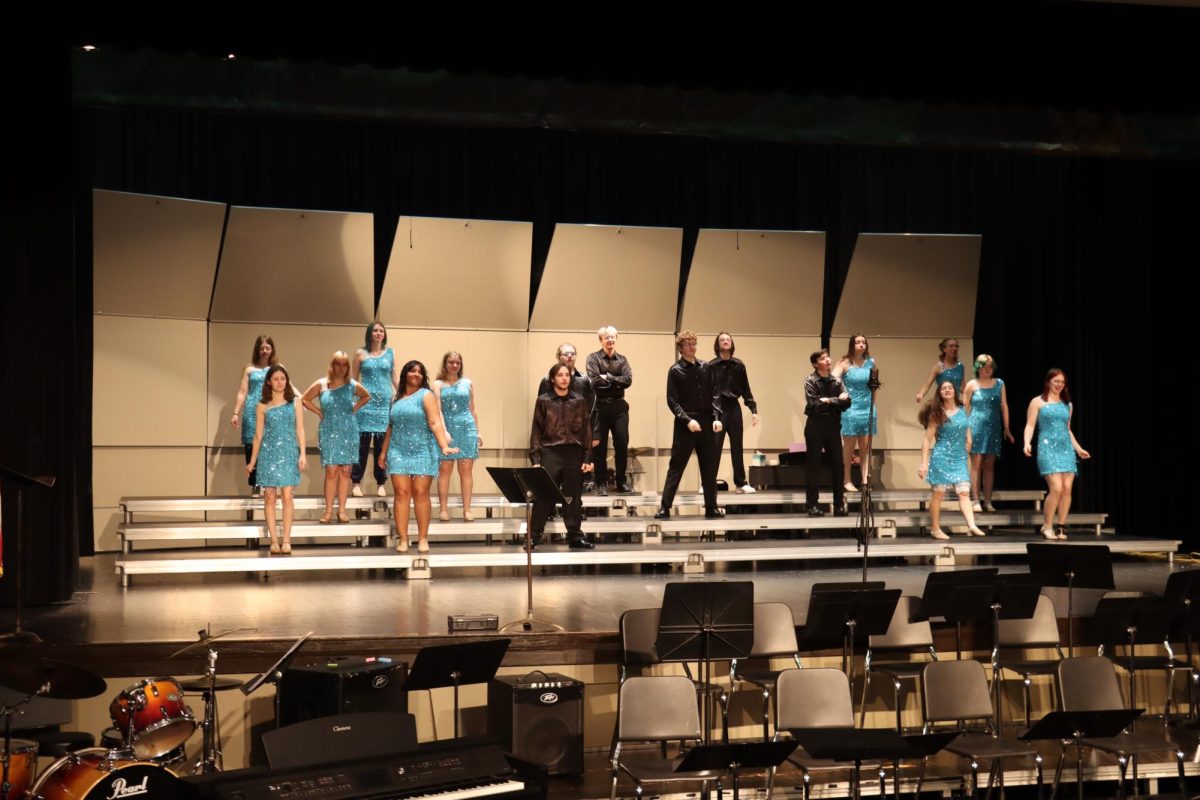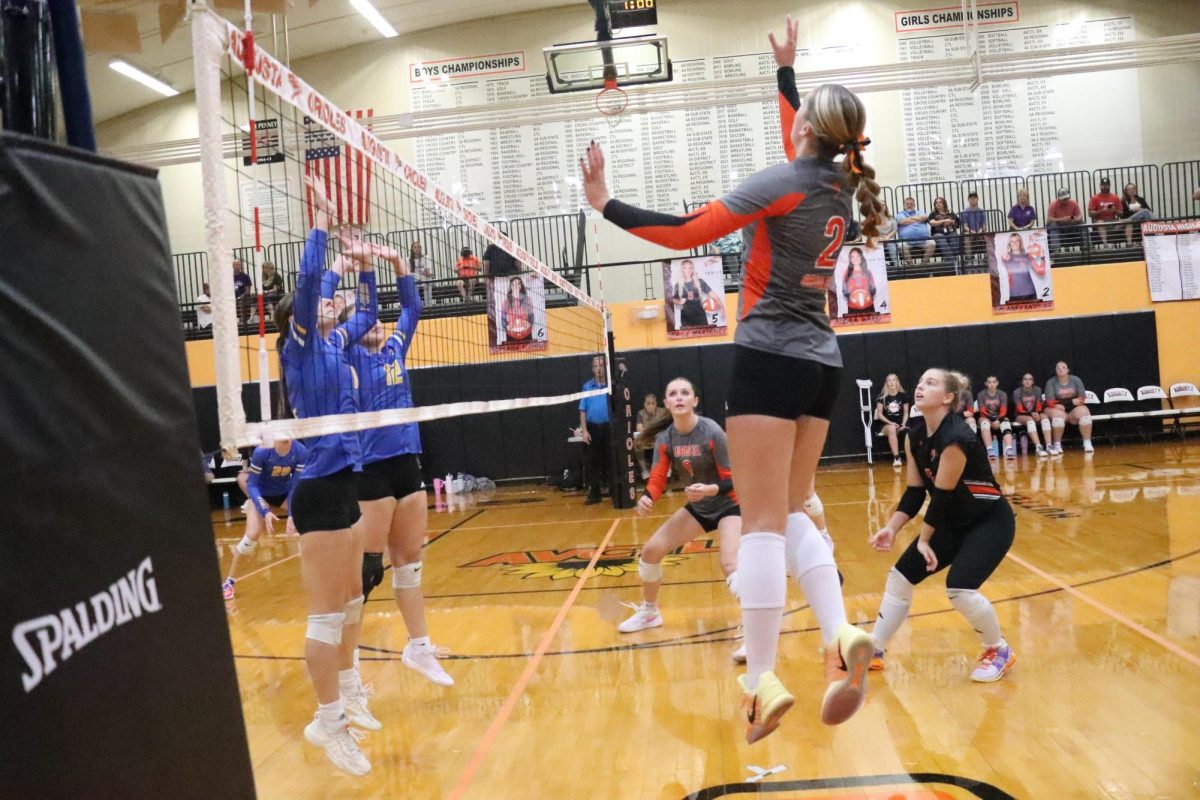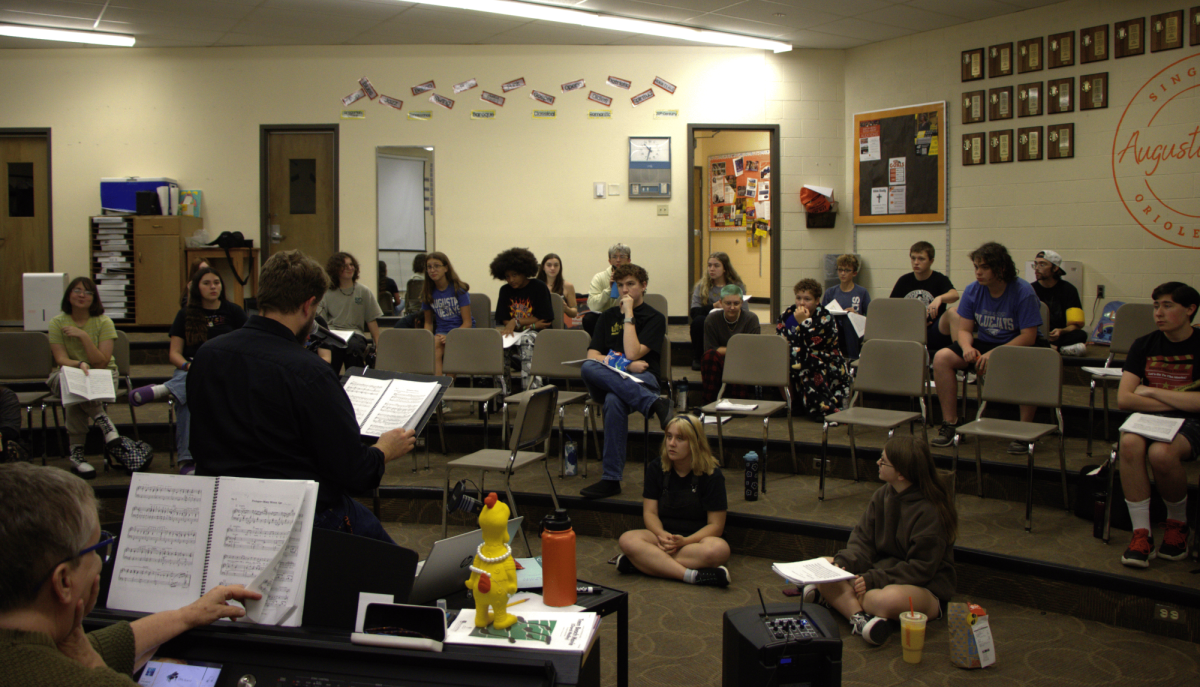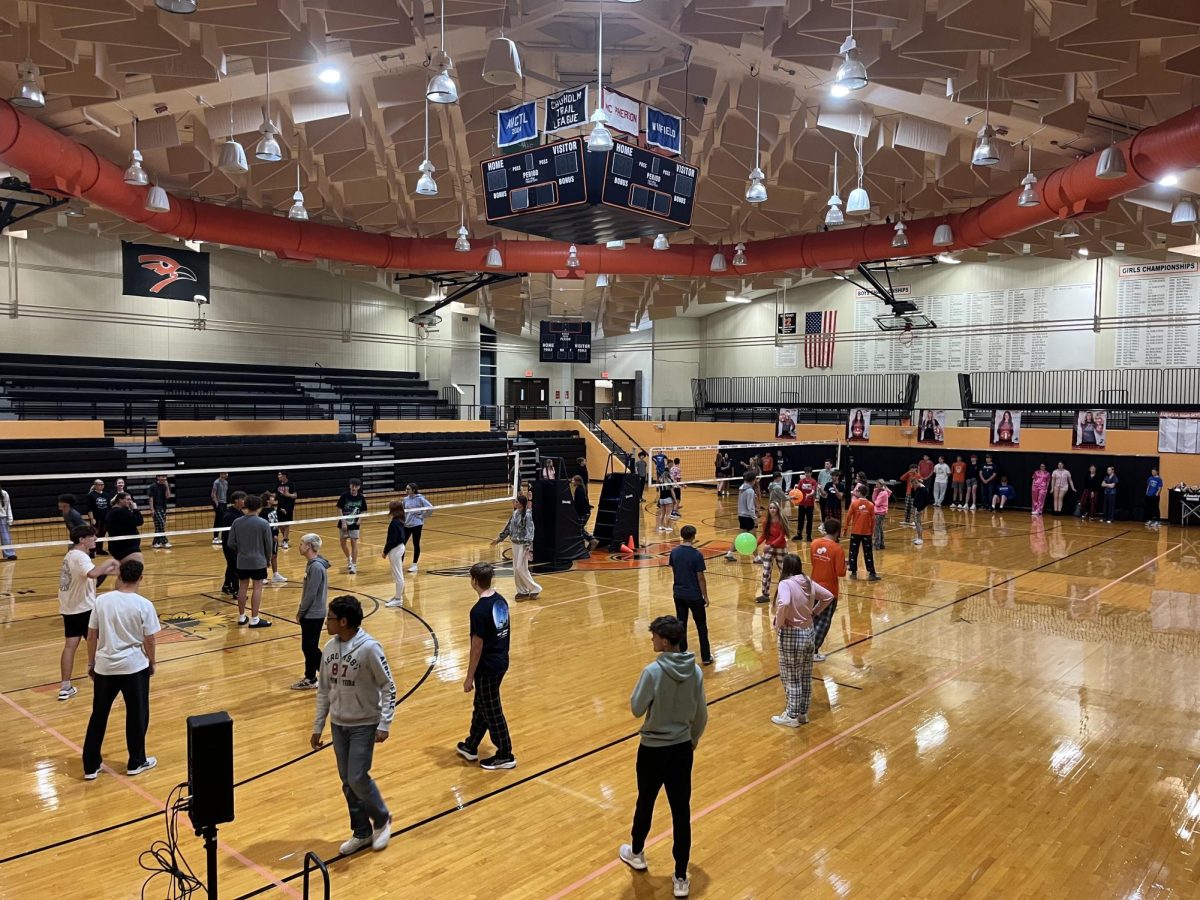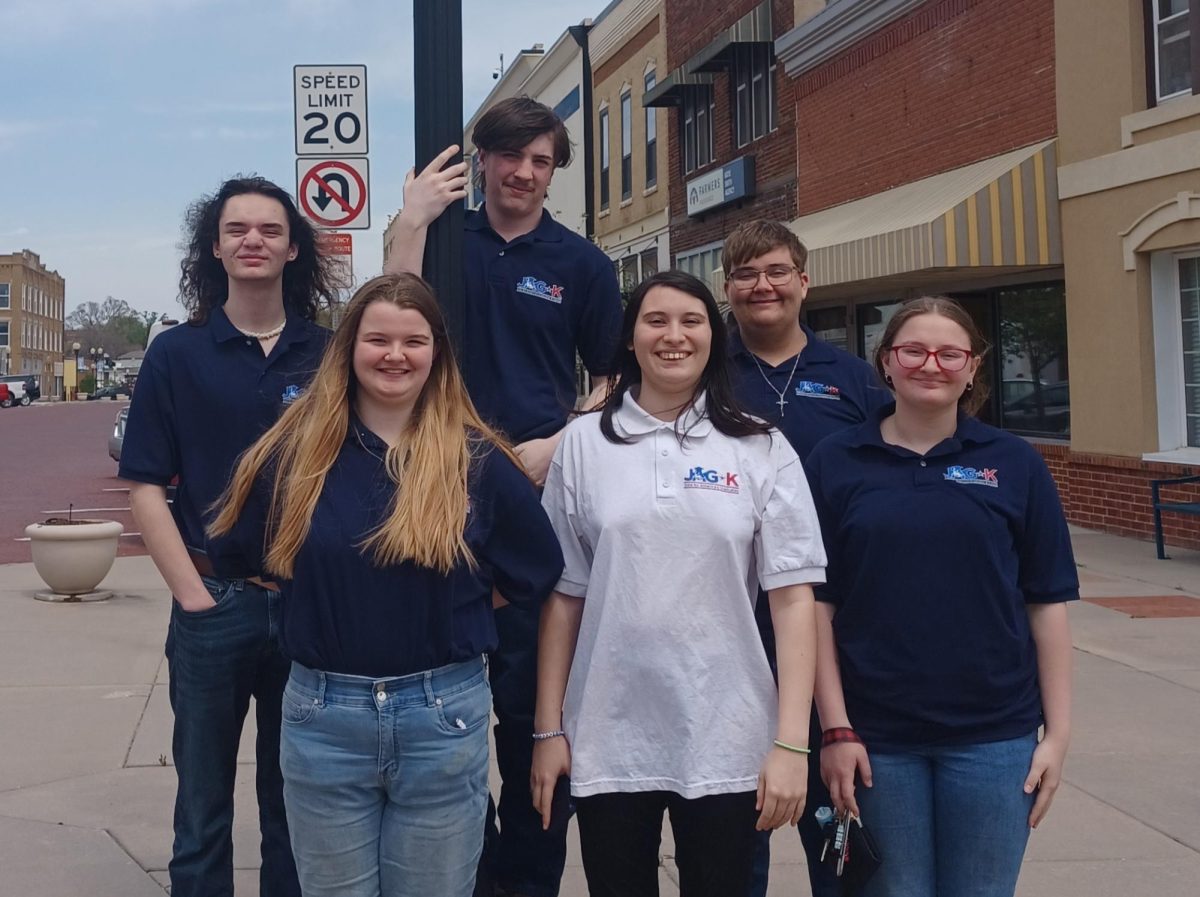Cancel culture: the practice or tendency of engaging in mass canceling as a way of expressing disapproval and exerting social pressure, according to Merriam-Webster.
“I think cancel culture is when a whole bunch of strangers collectively agree that something, that was done or said by a certain person that’s usually in the public eye, is not okay,” senior Tiffany Hilton said, “And they all go against them.”
Some people believe cancel culture can serve as an educational tool if used correctly.
“I don’t think it’s educating people the right way,” junior Ella Puckett said. “Instead of canceling culture altogether, people should just be called out and learn from what they did wrong. I don’t think that accomplishes anything.”
In some cases, cancel culture brings to light how actions and words that were okay in the past are no longer suitable for this day and age.
“A lot of celebrities that I have followed before have gotten canceled,” Hilton said. “It’s made me realize I shouldn’t be following them; they’re not doing what I think would be the right thing. It can bring awareness to more of the bigger issues that’s going on to people who typically wouldn’t think about it.”
In May, 2019, YouTuber James Charles created a short Instagram video for the gummy vitamin company, Sugar Bear Hair, creating conflict between Charles and Tati Westbrook, owner of beauty-supplement company Halo Beauty.
“I unsubscribed to James Charles for like three days because of the whole thing, because I felt cool,” junior Haley Smith said. “It was a trend, people were doing it. You hop on the trend and then a bunch of other people do it for no reason and they have no opinion.”
In March 2021, publishers decided to stop printing six of author Dr. Seuss’s books due to aspects of racism contained in the storylines and illustrations.
“I have several of the Dr. Seuss books they canceled, and [my little brother] likes them,” junior Kristina McCalla said. “There’s nothing wrong with them. Those were just kids books, I don’t think five year olds are going to realize, ‘hey, that’s racist.’ If you’re going to take something away, at least give a valid reason instead of ‘oh, I got offended.’”
Cancel culture does not stop at social media influencers. Along with the Dr. Seuss books, the children’s show “Paw Patrol” is just one of the few topics “canceled” from 2020-2021.
“Why would you get rid of the police dog?” senior Christian Arnn said. “It’s showing little kids that police are good and not all police are bad. If you get offended go about it in a better way than trying to ban everything.”
Talk of cancel culture is becoming more common, and is seen more in day-to-day lives.
“I could get canceled for messing up in soccer, they could be like ‘oh, you suck’ and then I’d get canceled,” junior Porsha Zwifel said. “There’s a lot of influencers that have been canceled, and I’m sure it hurt them mentally.”
In 2020, different states removed statues built after the Civil War.
“One of the first cancel culture things I really saw in the news was the getting rid of statues and memorials to Confederate officers, like Robert E. Lee and Stonewall Jackson,” Reichardt said. “Robert E. Lee’s a great example. Brilliant military mind, but I think what’s overlooked is the man was a traitor. So why do we have statues to him to begin with? If you go to other countries and they’ve had civil wars and rebellions, you don’t see the losing side still getting to put up statues of their leaders.”
The “canceling” of someone refers to people no longer associating with them which can lead to huge impacts on their lives, specifically celebrities.
“Some of them aren’t able to bounce back from that depending on their platform,” Hilton said. “People lose millions of followers, get so much hate and even death threats. I don’t participate in the actual canceling because I don’t like to give hate to others, especially online.”
The negative effects of cancel culture provide reasons for some people to advocate against it.
“I don’t support cancel culture,” freshman Emma Neuschafer said. “Picking out people’s past and bashing them for it to an ungodly level is not good morals to have.”
Reichardt believes cancel culture plays upon the fear of people as well as the division between them.
“We’ve become such a divided nation, and that plays a huge part into cancel culture,” Reichardt said. “Because of that division, if one side seeks change another side’s going to see that as completely getting rid of, instead of making some changes and coming to terms with the past.”
Cancel culture does not have to only mean disassociation with people who express an opinion which does not line up with the beliefs of today.
“It seems to me cancel culture is mainly focused on blowing things out of proportion,” Reichardt said. “I see it more as coming to terms with the true history. There’s been generational depictions of different ethnic groups in a very bad light, and it’s time to come to terms with that.”


